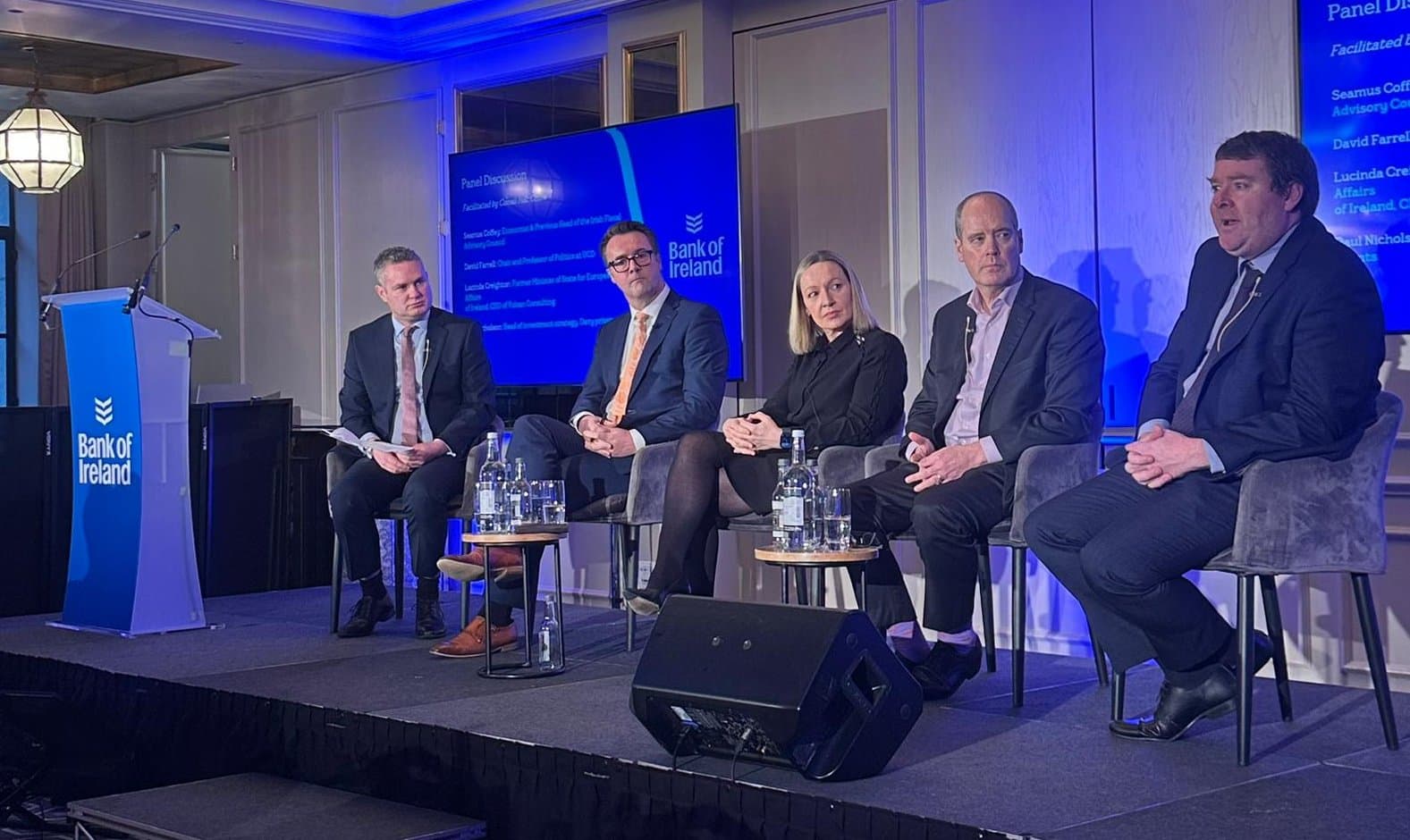Despite latest data, Bank of Ireland’s Economic Research Unit is sticking to its forecast for 42,500 housing completions in Ireland in 2025.
This morning’s (23 January 2025) CSO data shows a disappointing 8,732 newly built homes completed in Q4 2024, down 15% on the year.
This surprise decline in Q4 was almost entirely due to volatile apartment completions, which could bounce-back, whereas house completions were flat. Housing starts data, 60,243 in 2024, paint a very different picture, pointing to a rapid expansion of activity in 2025.
“The key point is that there is clearly exceptional uncertainty around projections for the number of homes that will be completed in calendar year 2025”
However, the starts data were artificially inflated by homebuilders rushing to avail of waivers on development levies. So it remains to be seen when these starts will translate into completions. For now, we are leaving our forecast for 42,500 housing completions in 2025 unchanged, whilst acknowledging the exceptional uncertainty around our projections.
A surprise fall in residential completions in final quarter of 2024
This morning’s CSO data show that there were 8,732 residential completions in Q4 2024, down 15% from the 10,217 recorded in Q4 2023. This surprise fall was almost entirely accounted for by apartment completions, just 2,580, down an enormous 35% on the year.
However, apartment completions can be volatile quarter-to-quarter, so could bounce-back in early 2025. In contrast, the 6,152 house completions in Q4 2024 were broadly flat on the year, down just 1%. The upshot of the data is that total completions in calendar year 2024 were 30,300, well below our September forecast for 33,000 units.
Housing starts paint a very different picture for 2025 and 2026
Department of Housing data published last week showed that housing starts accelerated to 60,243 in 2024, pointing to a rapid expansion in activity. Of these starts, 57%, or 34,300 were for houses rather than apartments, so are more likely to eventually be sold to households.
However, the acceleration in starts in 2024 reflected a surge in activity as homebuilders rushed to take advantage of expiring waivers on development levies and water infrastructure charges. So it remains to be seen when they will finally translate into completed homes, listed for sale. To avail of the waivers homes must be completed by end-2026.
Leaving our forecast for 42,500 completions in 2025 unchanged
Our current forecast is for 42,500 residential completions in 2025.
We don’t think today’s disappointing out-turn for Q4 2024 suggests we should change that view for 2025, given it mainly reflects volatile apartment completions figures and conscious of the buoyant starts data.
The key point is that there is clearly exceptional uncertainty around projections for the number of homes that will be completed in calendar year 2025.
Existing homes market saw modest rebound in Q4
Residential transaction volumes look set to fall by 1% to 63,000 in 2024, hurt by past ECB rate hikes and the tight housing market feeding on itself, that is would-be vendors unwilling to sell for fear of failing to secure a property themselves.
Mortgage lending volumes to home-movers were down sharply by 8% through Q1-Q3 2024, but for first-time-buyers were more robust, flat on 2023. The existing homes market is now seeing a modest rebound in activity. We estimate there were 12,000 residential transactions in October/November, up 6% on 2023.
There were also 7,641 homes listed for sale on MyHome in Q4, up 12.5% on the year, which should support help to support activity in the existing homes market and mortgage lending in 2025.
-
Bank of Ireland is welcoming new customers every day – funding investments, working capital and expansions across multiple sectors. To learn more, click here
-
Listen to the ThinkBusiness Podcast for business insights and inspiration. All episodes are here. You can also listen to the Podcast on:
-
Spotify
-
SoundCloud
-
Apple





